Language Does Not Lie (2004)
• November 15th, 2004 • 1h 19min
Documentary, History
Overview
Victor Klemperer (1881-1960), a professor of literature in Dresden, was Jewish; through the efforts of his wife, he survived the war. From 1933 when Hitler came to power to the war's end, he kept a journal paying attention to the Nazis' use of words. This film takes the end of 1945 as its vantage point, with a narrator looking back as if Klemperer reads from his journal. He examines the use of simple words like "folk," "eternal," and "to live." Interspersed are personal photographs, newsreel footage of Reich leaders and of life in Germany then, and a few other narrative devices. Although he's dispassionate, Klemperer's fear and dread resonate
Make sure to check your pop-up blocker!!
Trailer
Similar Movies
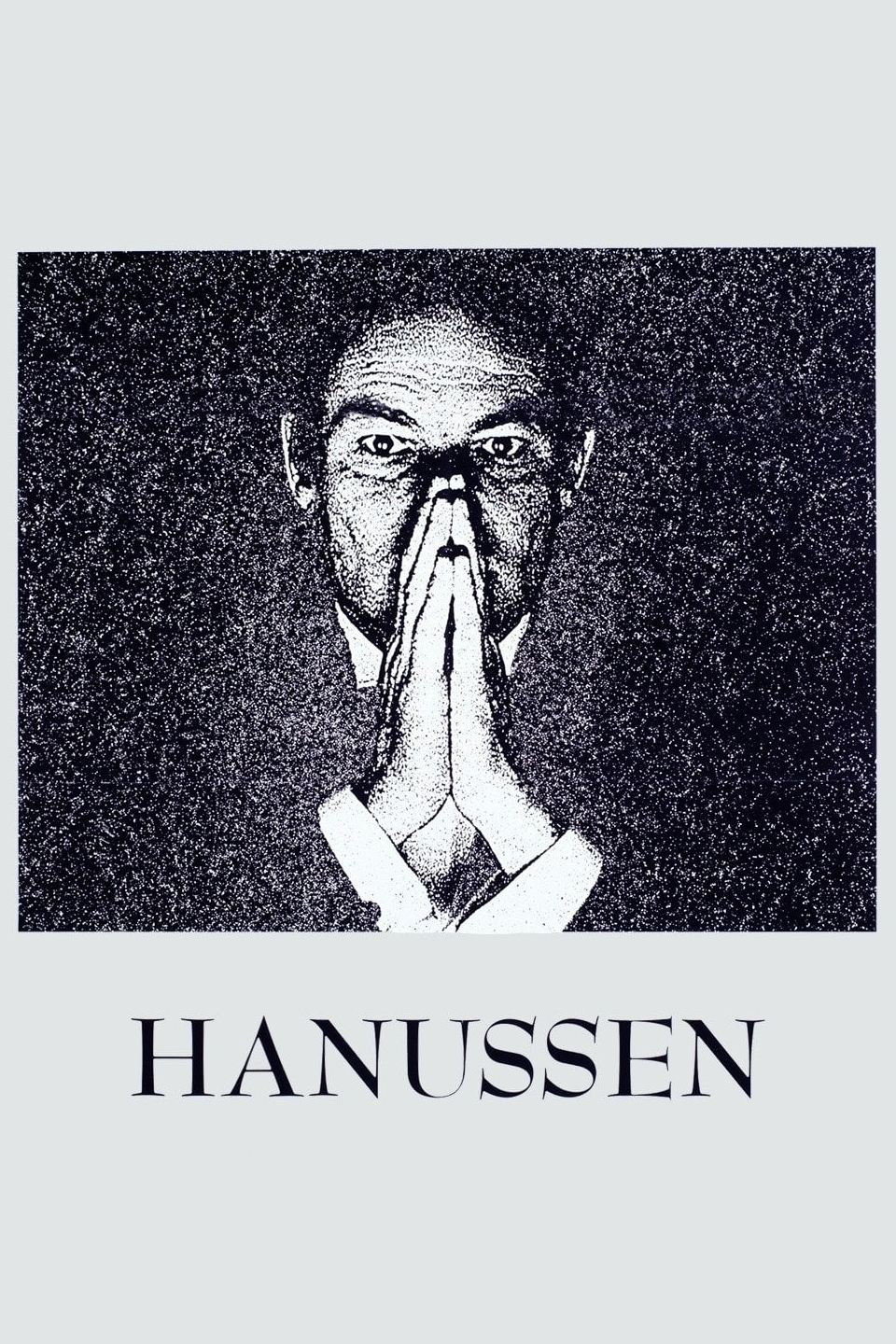
Hanussen
Released on: 1988-05-20
Science Fiction, History, Drama, Fantasy
A man's story parallels Hitler's rise. Austrian Klaus Schneider, wounded in World War I, recovers in...

Forbidden Films
Released on: 2014-03-06
Documentary, War, History
Between 1933 and 1945 roughly 1200 films were made in Germany, of which 300 were banned by the Allie...

100 Years of the UFA
Released on: 2017-08-28
Documentary, History, TV Movie
The intricate history of UFA, a film production company founded in 1917 that has survived the Weimar...

Keep Talking
Released on: 2017-03-16
Documentary
Three Alaska Native women work to save their endangered language, Kodiak Alutiiq, and ensure the fut...

Francofonia
Released on: 2015-11-11
Drama, History
Master filmmaker Alexander Sokurov (Russian Ark) transforms a portrait of the world-renowned museum ...

Lon Marum
Released on: 2012-01-01
Documentary
A TV-hour length documentary film depicting the relationship between language, culture, place, music...
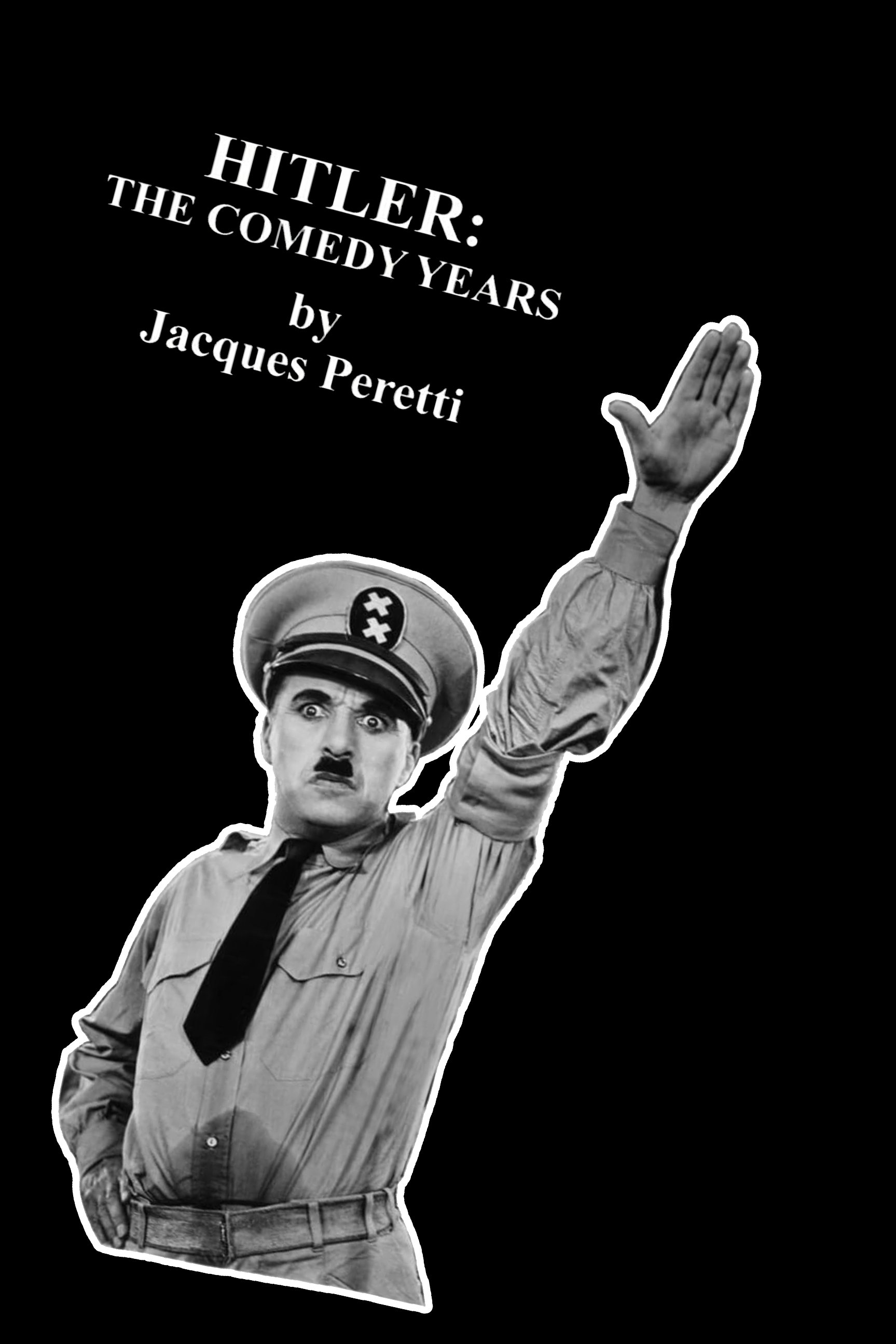
Hitler: The Comedy Years
Released on: 2007-05-10
Documentary
A documentary about the portrayal of Adolf Hitler in popular culture.

Fascism in Colour
Released on: 2006-01-01
Documentary, History
After the World War I, Mussolini's perspective on life is severely altered; once a willful socialist...

The Brave Class
Released on: 2017-06-02
Documentary
Three college students start a social experiment to prove that reality changes according to the word...
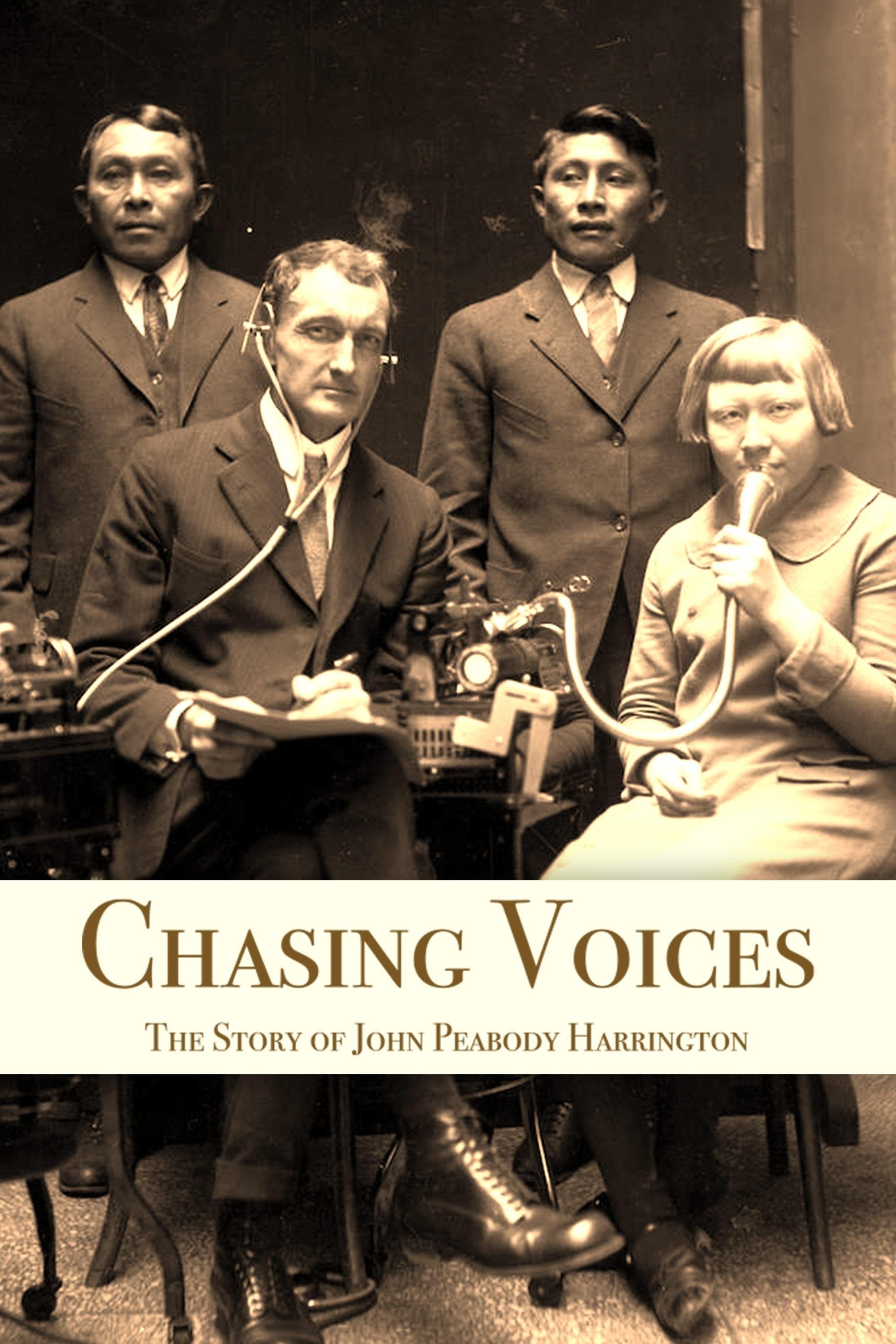
Chasing Voices: The Story of John Peabody Harrington
Released on: 2021-04-30
Documentary
For 50 years, controversial ethnographer John Peabody Harrington crisscrossed the United States, fra...
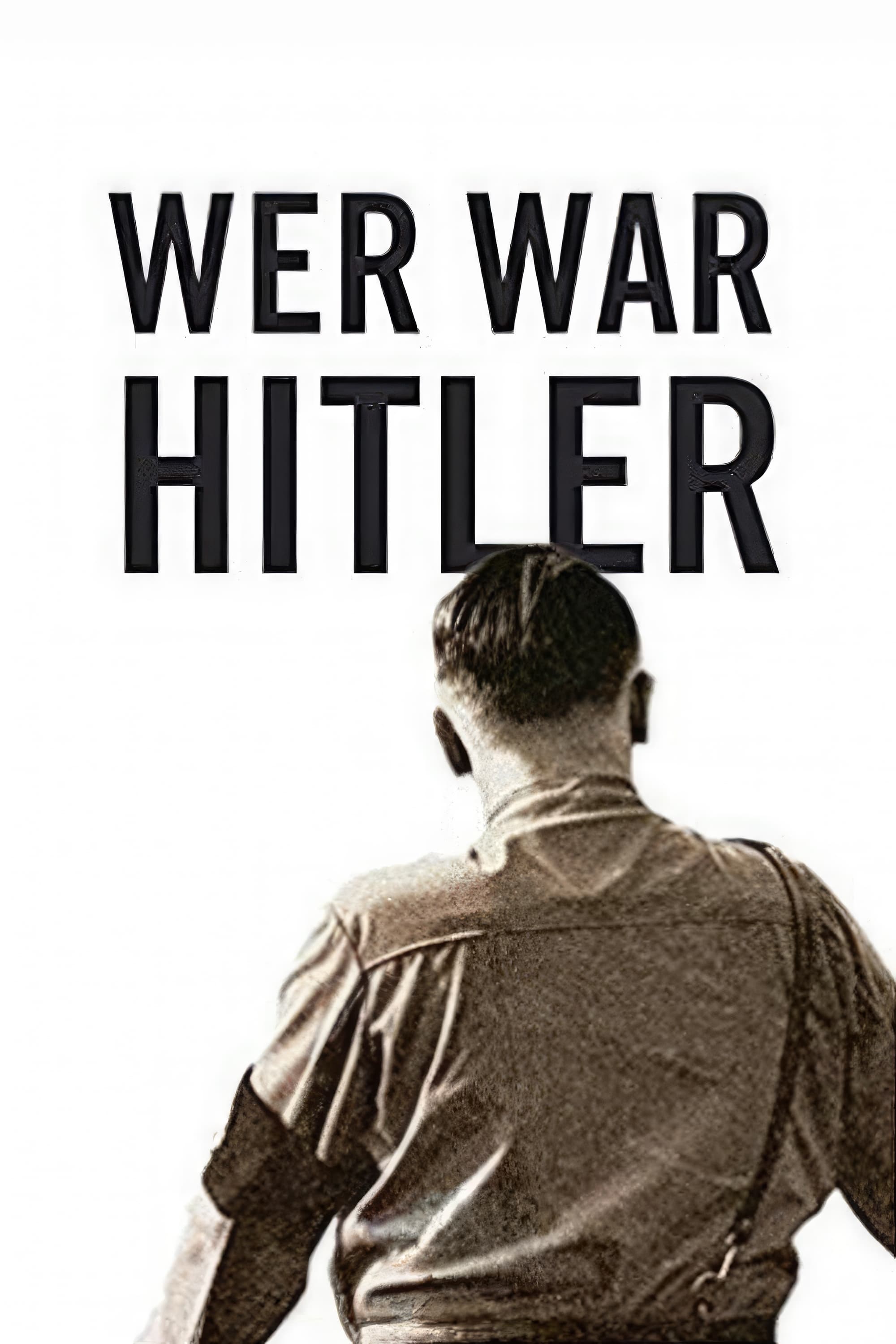
Who was Hitler
Released on: 2017-11-16
Documentary, History
Hitler's biography told like never before. Besides brief historical localizations by a narrator, onl...

Language Matters with Bob Holman
Released on: 2015-01-25
History, Documentary
There are over 6,000 languages in the world. We lose one every two weeks. Hundreds will be lost with...

The Dead Nation
Released on: 2017-08-25
Documentary
A documentary-essay which shows Costică Axinte's stunning collection of pictures depicting a Romania...
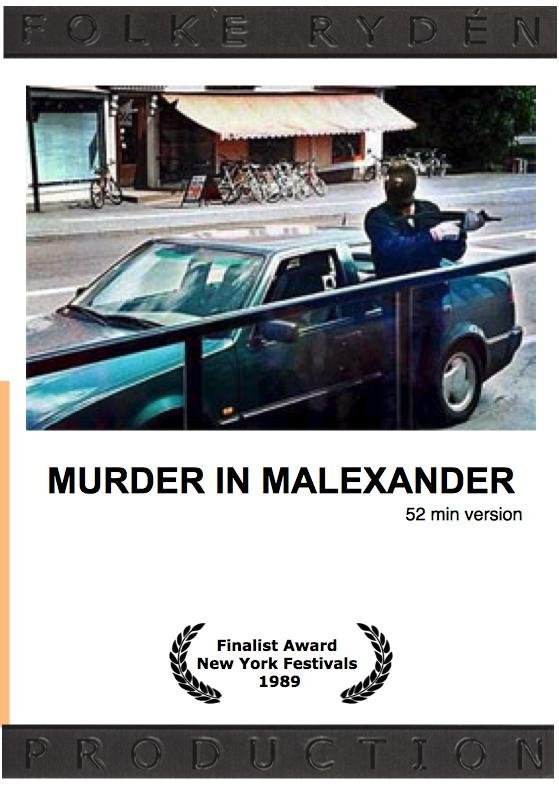
Murder in Malexander
Released on: 2001-05-24
Documentary, Crime
Depicts the controversial double police murder, involving neo-nazism and a theatre project by one of...
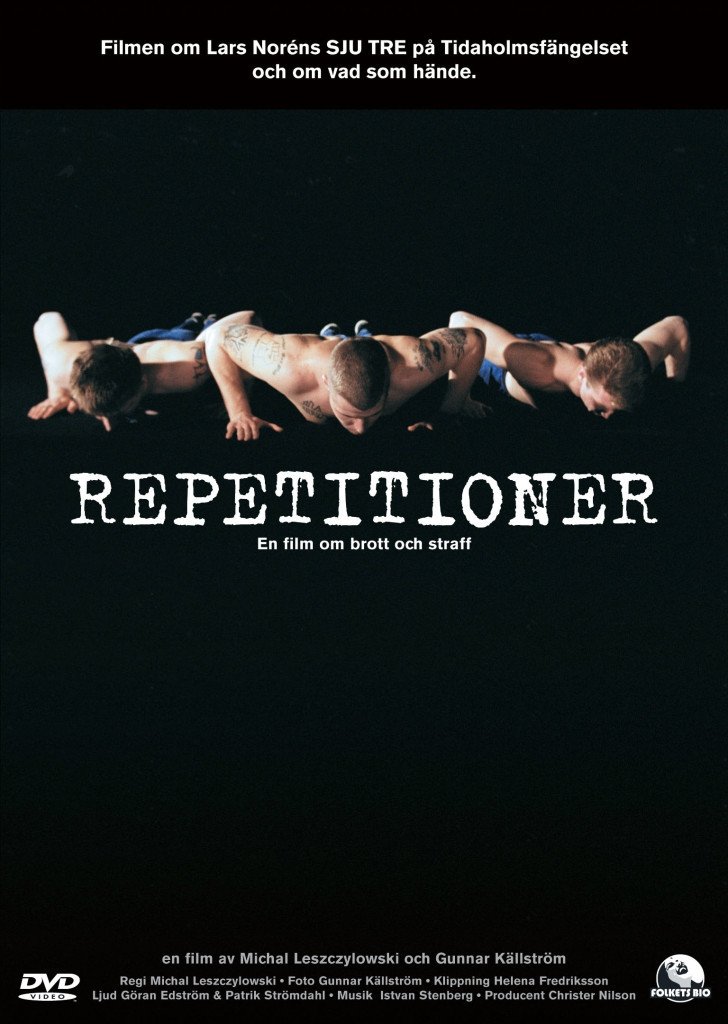
Repetitioner
Released on: 2005-11-02
Documentary
The theatre 7:3 project was conducted at the Tidaholm prison 1998-1999. What started as an artistic ...

Poland 1939: When German Soldiers Became War Criminals
Released on: 2019-08-31
Documentary, Animation, History
September 1st, 1939. Nazi Germany invades Poland. The campaign is fast, cruel and ruthless. In these...
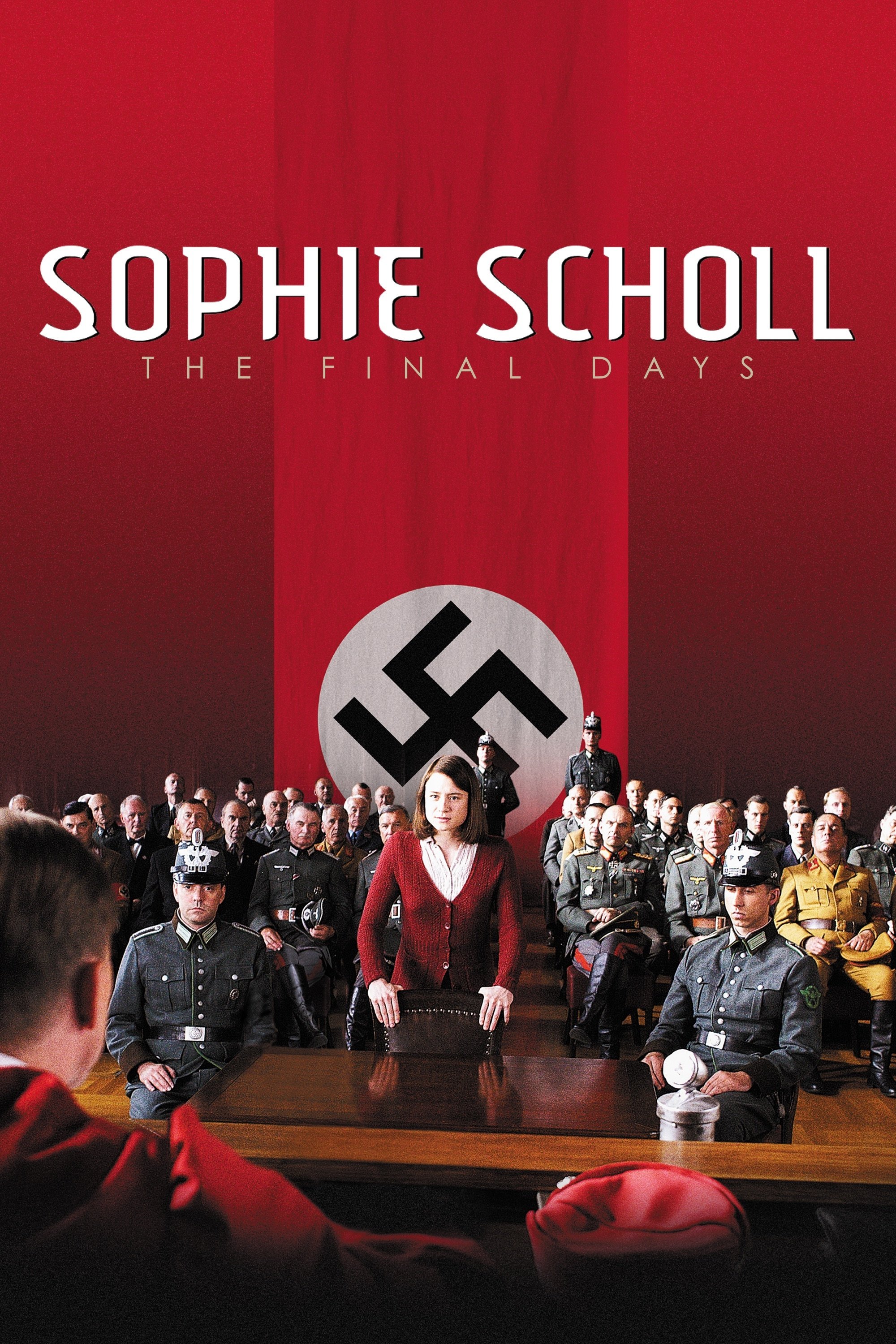
Sophie Scholl: The Final Days
Released on: 2005-02-13
Drama, History
In 1943, as Hitler continues to wage war across Europe, a group of college students mount an undergr...

The Language Master
Released on: 1997-03-23
Documentary
Michel Thomas is one of the most brilliant language teachers in the world. His usual clients are mov...

Code Name Lucy: Spies Against Nazis
Released on:
Documentary, War, TV Movie
The greatest secret of the Second World War has remained a mystery for the last 80 years: a Jewish C...

Himmlerin kanteleensoittaja
Released on: 2014-01-30
Documentary
"Himmlers Kantele Player" - about Finnish student, who decides to leave University of Sorbonne and ...